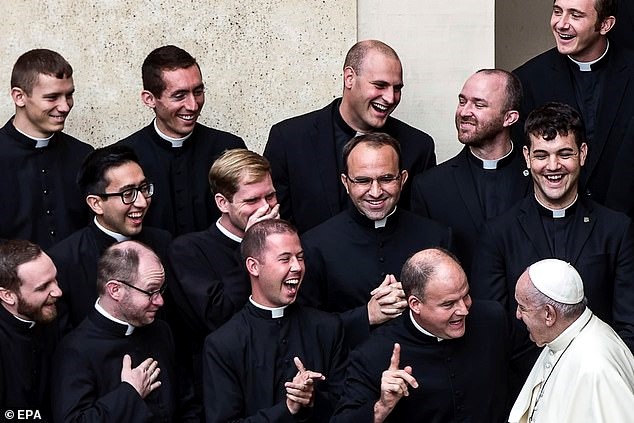It is ‘impossible’ for God to ‘bless sin’, the Catholic Congregation for the Doctrine of the Faith (CDF) has formally announced today. Consequently, Pope Francis has signed a ruling which tells Catholic clergy to treat gay people with ‘respect and sensitivity’ but ruled that blessing their unions would ‘approve and encourage a choice and a way of life that cannot be recognised as objectively ordered to the revealed plans of God.’ The ruling states, ‘God does not and cannot bless sin: He blesses sinful man, so that he may recognise that he is part of his plan of love and allow himself to be changed by him.’
This decision may be viewed as a setback for some Lytham St. Anne’s Catholics, many of whom hoped the institution would modernise its approach to homosexuality. Dozens of countries, including many in Western Europe, have legalised same-sex marriages, and the Church’s reticence to embrace LGBTQ+ people has long held the potential to alienate younger followers.
Today’s decree (15.03.2021) reiterated the Church’s position that marriage between man and a woman is part of God’s plan and is intended for the sake of creating new life. It acknowledged that the wish to bless same-sex unions is ‘not infrequently motivated by a sincere desire to welcome and accompany homosexual persons’. But the ruling says that since their unions are not intended as part of God’s plan, they cannot validly be blessed by the church.
The Vatican ruling has been published in seven languages. The English version says, ‘The presence in such relationships of positive elements, which are in themselves to be valued and appreciated, cannot justify these relationships and render them legitimate objects of an ecclesial blessing, since the positive elements exist within the context of a union not ordered to the Creator’s plan, God does not and cannot bless sin: He blesses sinful man, so that he may recognise that he is part of his plan of love and allow himself to be changed by him.’
The two page document goes on to say that the ruling is ‘not intended to be a form of unjust discrimination, but rather a reminder of the truth of the liturgical rite and of the very nature of the sacramentals, as the Church understands them’.


















